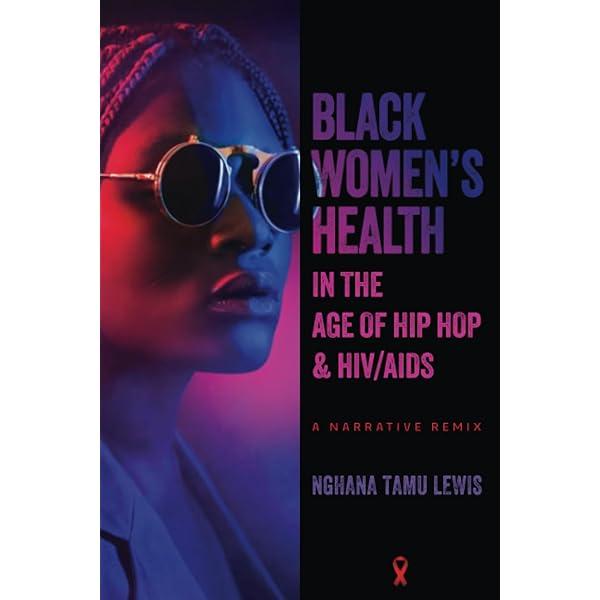
Nghana Lewis, Associate Chair and Professor, English and Africana Studies
Originally published in the 2025 issue of the School of Liberal Arts Magazine

In the iconic film The Matrix, Morpheus’ metaphorical offer to Neo — the red pill for unsettling truth and awareness, or the blue pill for comfortable ignorance — perfectly sets the tone for my courses. I convey to students that course content, discussions, and assignments engage uncomfortable truths, which may cause them to feel discomfort.
Among these truths is that the founding of the United States on the ideals of freedom, justice, and representative democracy, was a human choice and a human experiment; and both the choice and the experiment are consequential to humanity. I tell students that unpacking these truths requires embracing the reality of human fallibility and human possibility, and I use “Query XIV,” from Thomas Jefferson’s Notes on the State of Virginia, to illustrate this point.
In this document, Jefferson reasons that Black people cannot be “incorporated” into the America experiment and American ideals cannot apply to this population because of white prejudice, black resentment, white superiority, and black inferiority. Jefferson also identifies “language” as “an instrument for the attainment of science.” Untangling, reconciling, and accepting incongruity in the racialized geopolitical philosophy and infinite possibilities of language that Jefferson sets forth is work that I tell my students they must be prepared to do.
As well, I encourage them to embrace courses that make considerable demands on their thinking and restrict their use of generative AI. In these respects, I assure them that taking the red pill translates to an investment of time, intellectual energy, and financial resources that will make them freer, bolder readers and independent generators of knowledge.
To me, the value of a liberal arts education lies in the power it gives students. Regardless of their majors or professional aspirations, a liberal arts education prepares students to reflect critically on their histories, tap into their creativities, and become agents of growth, change, and opportunity.





